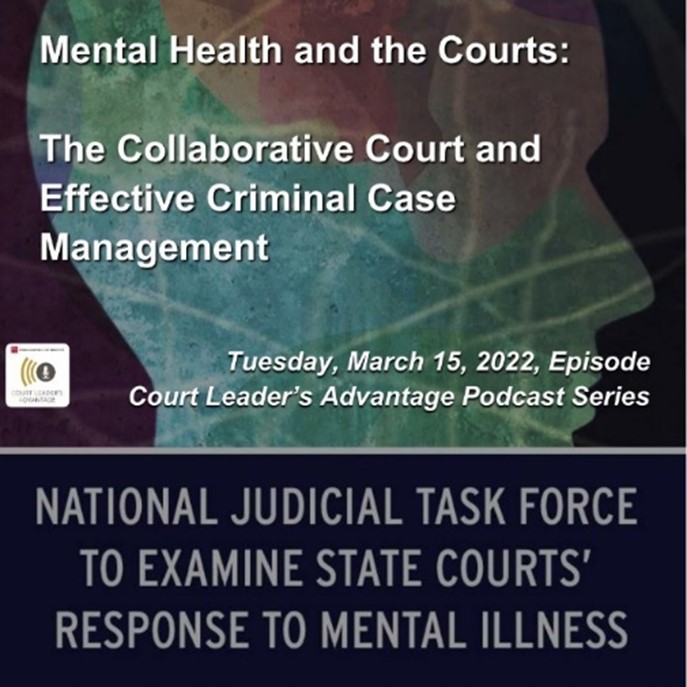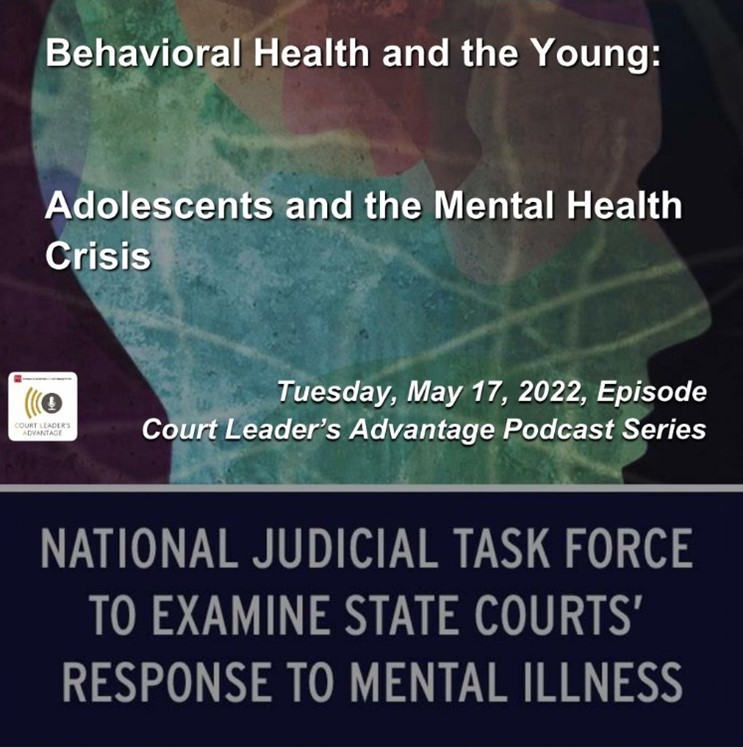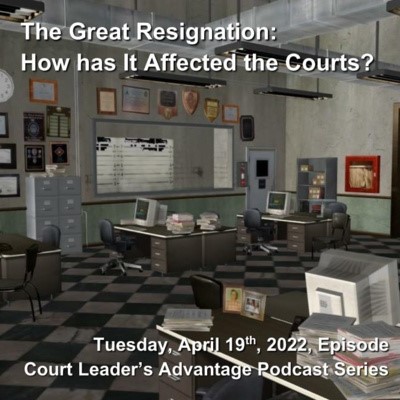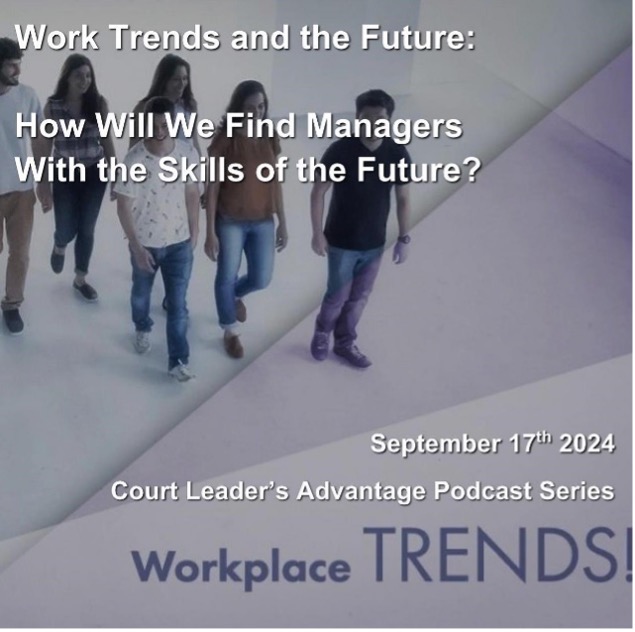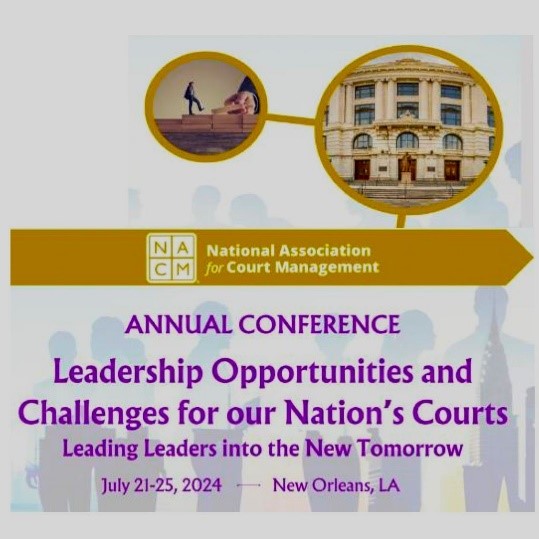One unintended consequence of the COVID pandemic has been a phenomenon called “The Great Resignation.” Large numbers of American workers have either quit their jobs or (after being laid off) have chosen not to return to their previous employer. CBS News has reported an estimated 20 million people left their jobs in only the second half of 2021. Why is this occurring?
A survey conducted by the Pew Research Center found that of those who left their jobs, almost a two-thirds (63%) cited low pay. Almost two-thirds also cited no opportunity for advancement. Well over half (57%) felt they were disrespected at work. Slightly less than half (48%) cited child-care issues. An interesting side note: only 18% cited their employer’s vaccine mandate as a reason for leaving.
Since we appear to be coming out of the COVID pandemic, is this Great Resignation on the wane? Well, a survey conducted by ResumeBuilder.com estimates that almost a third of workers (32%) plan to leave their current job this year. That number is particularly high in the Information Technology Profession.
This month we are going to explore The Great Resignation and its effect on courts and court employees. In this discussion we are including not only courts that may have lost employees, but courts that are having trouble recruiting and courts that are suffering because their justice system partners have having trouble keeping fully staffed. Some of the questions we will explore include:
- What has been the courts’ workforce experience during this “Great Resignation”?
- What are the four pillars that make up the new caseflow management model?
- Are there things courts can do to entice more people to consider court administration as a career?
- What advice do these panelists have for the rest of us?
Today’s Cohost and Panelists
Cohost
Alyce Roberts, Semi-Retired Special Projects Manager for the Alaska State Court System
Panelists
Dawn Palermo, Judicial Administrator in the Jefferson Parish Juvenile Court in Harvey, Louisiana, and
Eric Silverberg, Court Administrator for the Municipal Court in Tucson, Arizona
Click here to listen to the podcast. The audio version is 36 minutes 2 seconds long and the video version is 23 minutes 7 seconds long.
The results will be posted and periodically updated on the NACM Ethics Webpage
clapodcast@nacmnet.org
Show Notes







